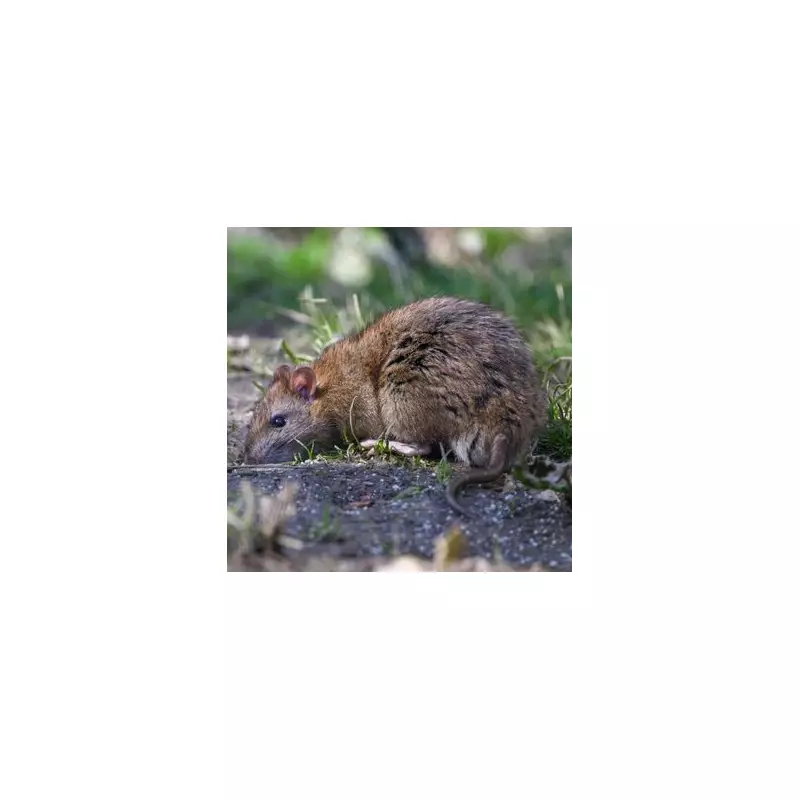
Gardeners across Britain are declaring war on a common and unwelcome visitor: the rat. As these rodents increasingly forage in urban and suburban green spaces, many are seeking effective, humane, and natural solutions to reclaim their gardens.
Fortunately, experts have identified several powerful, non-toxic methods to deter rats without resorting to harmful poisons or traps. Here are seven of the most effective strategies to keep your garden rodent-free.
1. The Power of Peppermint
Rats have an extremely sensitive sense of smell, which makes strong aromas your greatest ally. Peppermint oil is a potent deterrent. Soak cotton wool balls in pure peppermint oil and place them in areas where rat activity is suspected, such as near shed doors or in quiet corners. Reapply weekly to maintain the strong scent barrier.
2. Cultivate Rat-Repelling Plants
Turn your flower beds into a natural fortress. Certain plants emit smells that rats find deeply unpleasant. For a beautiful and functional border, consider planting:
- Lavender: Its strong, calming fragrance for us is overpowering for rodents.
- Mint: A prolific grower that acts as a living repellent (best grown in pots to contain its spread).
- Daffodils: These cheerful spring flowers are toxic to rats, who will instinctively avoid them.
3. Eliminate All Food Sources
This is the golden rule of rat control. A garden becomes a rat's restaurant if food is readily available. Be meticulous:
- Use secure, metal compost bins and avoid composting cooked food or meat scraps.
- Store bird seed in robust, sealed containers and use bird feeders that catch falling seeds.
- If you have fruit trees, promptly collect any windfalls from the ground.
4. Remove Their Hideouts
Rats are secretive creatures that thrive in clutter. Deny them shelter by keeping your garden tidy. Clear away piles of wood, stacks of unused plant pots, and any other debris that could provide a cosy hiding spot. Keep grass trimmed and avoid letting areas become overgrown.
5. Secure Potential Entry Points
A small crack is an open door for a rat. Conduct a thorough audit of your garden boundaries and outbuildings. Seal any gaps in shed doors, fence panels, or around pipework with sturdy materials like metal kick plates, cement, or wire wool, which rats cannot chew through.
6. Introduce a Predator Scent
The smell of a natural predator can trigger a powerful flight response in rats. You can purchase commercial predator urine (like that of foxes) from garden centres. Sprinkling this granules around the perimeter of your garden can create an invisible wall of fear that discourages rodents from entering.
7. The Ultrasonic Solution
For a high-tech approach, consider ultrasonic deterrent devices. These gadgets emit a high-frequency sound that is intolerable to rats but inaudible to humans and pets. Place them in key areas around the garden for a continuous, passive deterrent.
By combining these natural strategies, you can protect your garden from rodent invasions humanely and effectively, ensuring your outdoor space remains a sanctuary for you—and not for pests.





